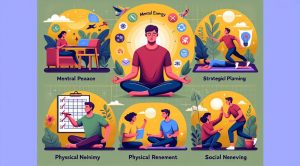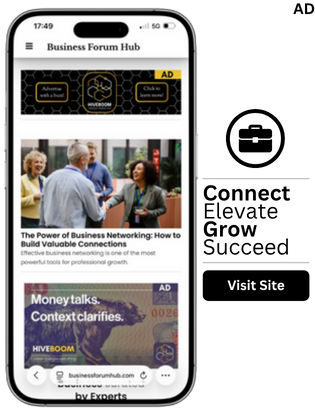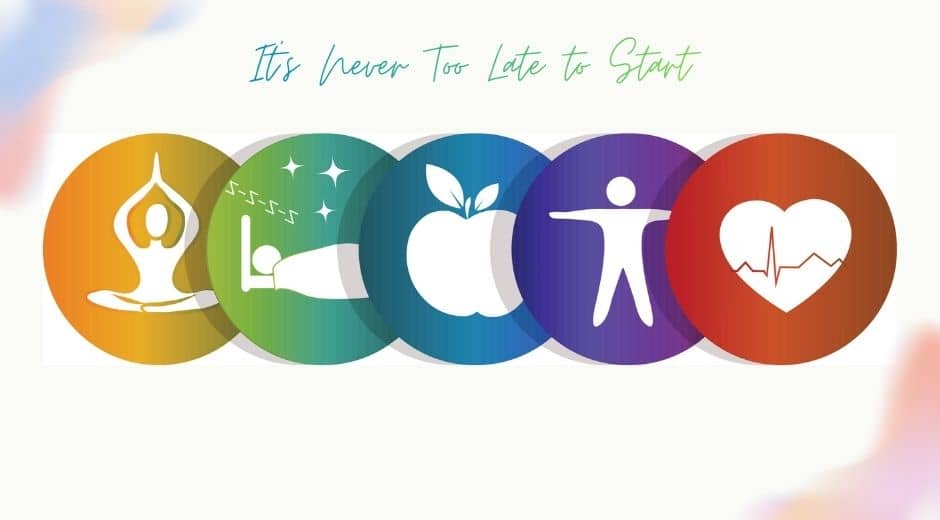Work-Life Balance Tips That Actually Work
Work-Life Balance Tips That Actually Work
In today’s fast-paced world, achieving work-life balance can feel impossible. Constant emails, meetings, and digital distractions blur the line between professional and personal life. Yet, true balance is essential for mental health, productivity, and long-term fulfillment.
This article explores actionable balance tips that help you manage your time, set boundaries, and reclaim control over your life.
1. Define Your Priorities
Without clear priorities, work can easily consume your personal time.
Identify Core Values: Decide what matters most — family, health, career growth, or personal development.
Set Boundaries: Allocate time blocks for work and personal life, and protect them consistently.
Actionable Tip: Make a weekly plan highlighting your top three priorities for both work and personal life.
Clarity in priorities ensures that your time is spent meaningfully rather than reactively.
2. Master Time Management
Effective time management is critical to implementing balance tips:
Use Scheduling Tools: Calendar apps help visualize commitments and avoid overbooking.
Batch Tasks: Group similar tasks together to reduce context switching and improve efficiency.
Set Time Limits: Give yourself specific durations for tasks to prevent them from overrunning.
Smart time management reduces stress and frees up space for personal activities.
3. Set Clear Boundaries
Boundaries are essential for maintaining balance:
Digital Boundaries: Turn off notifications outside work hours and avoid checking emails during personal time.
Physical Boundaries: Create a dedicated workspace to separate professional and personal environments.
Social Boundaries: Communicate your availability clearly to colleagues and family.
Healthy boundaries help prevent burnout and ensure your personal time remains protected.
4. Prioritize Self-Care
Self-care isn’t optional — it’s essential:
Sleep: Adequate rest improves focus, mood, and overall health.
Exercise: Regular physical activity reduces stress and boosts energy.
Mindfulness: Meditation or journaling promotes emotional well-being.
Integrating self-care routines is one of the most effective balance tips you can adopt.
5. Delegate and Collaborate
You don’t have to do everything yourself:
At Work: Delegate tasks to team members and focus on what only you can do.
At Home: Share responsibilities with family or hire help when possible.
Collaboration Tools: Use project management tools to streamline teamwork.
Delegation allows you to focus on high-priority tasks while maintaining personal time.
6. Make Time for Leisure and Hobbies
Life isn’t only about work. Pursuing hobbies enhances creativity, relaxation, and happiness:
Schedule Fun: Treat leisure activities as non-negotiable appointments.
Explore Interests: Pick hobbies that energize and inspire you.
Disconnect: Engage in offline activities to truly unwind.
Hobbies are not luxuries; they are vital for sustaining long-term balance.
7. Learn to Say No
Saying no is a powerful balance tip:
Avoid Overcommitment: Politely decline tasks or events that don’t align with your priorities.
Respect Your Time: Recognize that your time is valuable and finite.
Practice Assertiveness: Saying no allows you to say yes to what truly matters.
Learning to decline gracefully is key to maintaining focus and avoiding burnout.
8. Review and Adjust Regularly
Balance is not static — it requires ongoing reflection:
Weekly Review: Assess what worked and what didn’t each week.
Adapt Strategies: Adjust work hours, tasks, or self-care routines as needed.
Set Goals: Use small milestones to measure improvement in balance.
Regular assessment ensures your balance tips evolve with your life circumstances.
9. Embrace Flexibility
Rigid schedules can be counterproductive. Embrace flexibility:
Flexible Hours: If possible, negotiate work schedules that accommodate personal life.
Remote Work Options: Take advantage of telecommuting to reduce commuting stress.
Adapt Mindset: Accept that balance is dynamic and may shift day-to-day.
Flexibility allows you to respond to life’s demands without compromising your well-being.
10. Leverage Technology Wisely
While technology can be a source of distraction, it can also support balance:
Productivity Apps: Use tools like Trello, Asana, or Notion for task management.
Focus Apps: Limit distractions with apps like Forest or Freedom.
Health Monitoring: Track sleep, exercise, and mindfulness using wearable devices.
Intelligent use of technology reinforces positive balance tips rather than detracting from them.
Conclusion: Achieving Real Work-Life Balance
Implementing effective balance tips requires conscious effort, prioritization, and self-awareness. By defining priorities, setting boundaries, embracing self-care, and using technology wisely, you can achieve a sustainable work-life balance that enhances productivity and well-being.
Remember, balance is not about perfection — it’s about intentionally managing your time, energy, and focus to live a fulfilling, healthy life.
For more lifestyle and productivity advice, visit BodyWellnessGroup.com.
Time management strategies: Harvard Business Review
Wellness Made Simple

Body Awareness Training Improves Movement Quality
Body Awareness Training Improves Movement Quality

Focus Restoration in a Digital World
Focus Restoration in a Digital World


Gentle Strength Training for Everyday Power
Gentle Strength Training for Everyday Power

Stress Load Management Prevents Burnout
Stress Load Management Prevents Burnout

Mental Energy Management for High Performance
Mental Energy Management for High Performance

Rest Day Optimization for Better Results
Rest Day Optimization for Better Results













